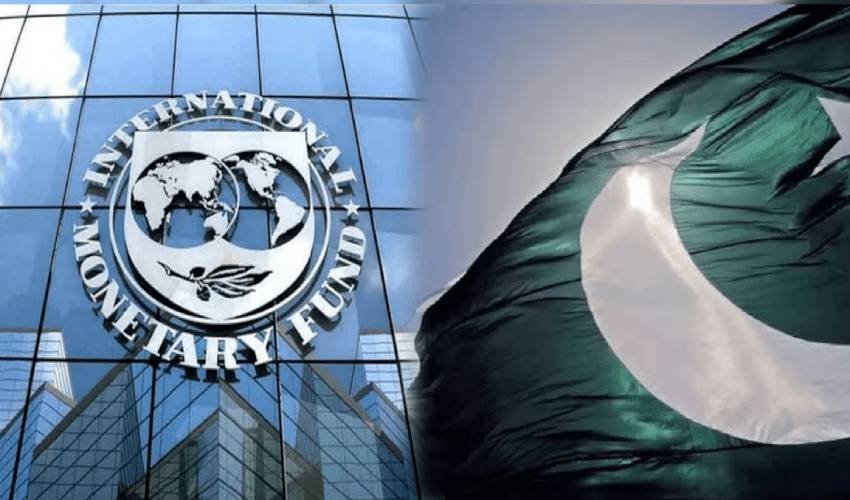Recent Posts
Datanomics: Pakistan Military Budget Tops IMF Aid


Datanomics: Pakistan’s Defence Expenditure Exceeds Its IMF Bailouts
In recent years, Pakistan has found itself in a precarious economic situation, heavily reliant on financial assistance from international institutions like the International Monetary Fund (IMF). However, a closer examination reveals a concerning trend: Pakistan’s defence expenditure has consistently outpaced the financial aid received from the IMF, raising questions about fiscal priorities and the sustainability of such spending.
1. The Growing Defence Budget
Pakistan’s defence budget has seen a significant increase in recent years. In 2024, the government approved an 18% surge in the defence budget, bringing it to over Rs 2.5 trillion (approximately $9 billion) for the fiscal year 2024–25 . This allocation now constitutes a substantial portion of the national budget, reflecting the country’s emphasis on military spending.
2. IMF Bailouts and Financial Assistance
Simultaneously, Pakistan has been the recipient of multiple IMF bailouts aimed at stabilizing its economy. In May 2025, the IMF approved a $1 billion disbursement under the Extended Fund Facility (EFF), bringing the total disbursements under the $7 billion package to $2 billion . Additionally, a new $1.4 billion loan was approved under the IMF’s climate resilience facility .
3. Comparative Analysis: Defence Spending vs. IMF Aid
When comparing the figures, the disparity becomes evident. In 2024, Pakistan’s defence expenditure stood at $10.2 billion , significantly surpassing the $1 billion received from the IMF. Even with the additional $1 billion disbursement in May 2025, the defence spending continues to exceed the financial aid, highlighting a potential misalignment between military priorities and economic needs.
4. Implications of Disproportionate Spending
This disproportionate allocation raises several concerns:
- Economic Strain: Sustaining high levels of military expenditure amidst economic challenges can lead to increased debt and inflation, further destabilizing the economy.
- Social Development: Excessive defence spending may divert funds from essential sectors such as education, healthcare, and infrastructure, hindering human development.
- International Relations: The prioritization of military spending over economic stability can strain relations with international partners and institutions, potentially affecting future aid and investment.
Recent Posts
Categories
- Actor4
- Actress7
- Bank4
- Biography2
- Bollywood4
- Business10
- Company9
- cricket5
- Economy23
- Education6
- Entertainment47
- External Affairs Defence Security1
- Finance1
- Football1
- Health1
- Hollywood2
- Home1
- India70
- india9
- Industry6
- Latest News53
- lifestyle1
- maharashtra1
- market4
- Politicians13
- Politics29
- Press Release287
- Social8
- Sports28
- Stock Marekt18
- Technology25
- Tollywood2
- World40
- world17
Related Articles
MEIL secures bid for India’s first private strategic petroleum reserve
Straightforward Business Report Megha Engineering & Infrastructures Ltd (MEIL) has secured a...
ByNewsium DeskSeptember 16, 2025“Karnataka Secures ₹12 Trillion Investments, Study Finds”
Karnataka has emerged as one of India’s leading destinations for large-scale domestic...
ByNewsium DeskSeptember 4, 2025India’s Forex Reserves Dip $3B to $699.7B: RBI Data
Introduction India’s foreign exchange reserves — often regarded as a cushion against...
ByNewsium DeskJuly 11, 2025KM Birla: US Commerce Secretary ‘Very Positive’ on India-US Ties
Introduction In recent developments, Kumar Mangalam Birla, Chairman of the Aditya Birla...
ByNewsium DeskJune 3, 2025













Leave a comment